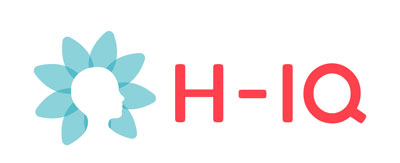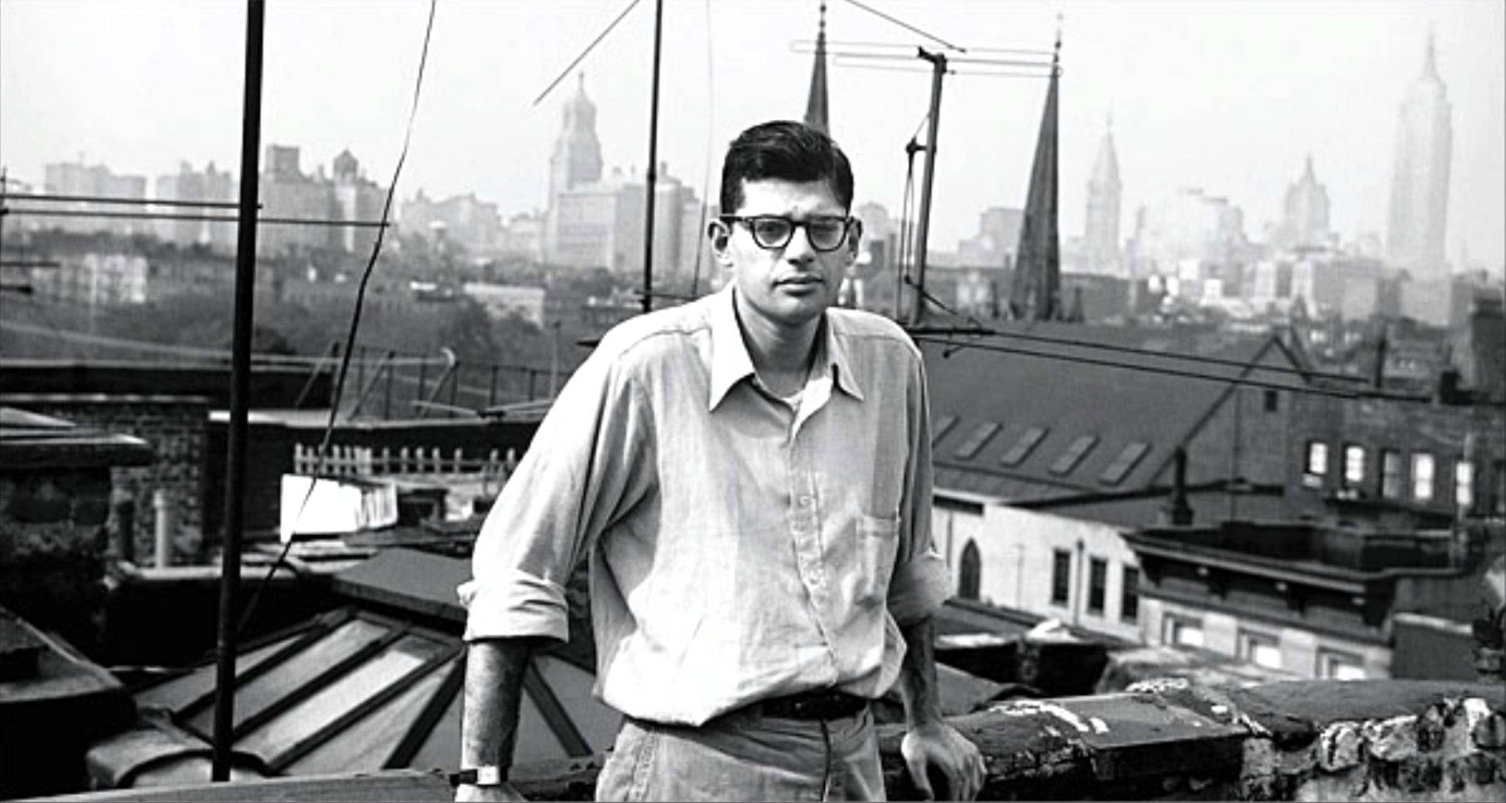Beginning a creative task—writing, painting, problem solving—is daunting. Here’s a strategy to get started.
Beat poet Allen Ginsberg had a poignant directive for writers: “First thought, best thought.” Writers must seize their first thought, their initial inspiration, according to Ginsberg. For writers tackling the blank page feeling bereft of direction or even language, “first thought, best thought” is excellent advice. It’s hard to argue with it as a starting point for writers, artists, and problem solvers of any discipline.
Because where else can you start other than your first thought? Of course, you can “start” with your second, third, or 497th thought. You can also wait for pigs to learn how to fly. Your first thought or early thoughts are valuable, often laced with intuition or subconscious knowledge. First thoughts are road signs marking your direction. They should be pursued, captured and honored on paper or in your mind.
We often balk at our first thoughts. They seem obvious—“everyone sees that, everyone knows that.” Never assume that the obvious has been even considered in solving a problem. Human beings and their organizations are adept at shielding themselves from the obvious. “Obvious is too easy. We’re professionals who know the intricacies.”
But, recognizing the obvious is how consultants earn a living. They don’t arrive with magic solutions. Instead, they paraphrase the obvious, gild it with the imprimatur of expertise, and drag an organization out of its mud ruts. If you are solving a problem, begin with the obvious. If nothing else, it saves time and money. No one wants to pay a consultant to tell you that your car is out of gas or the television isn’t plugged in.
What if your first thought is funny or silly? Or, cynical? It’s still helpful because it mirrors what others might be thinking. Silliness, humor and even cynicism can break a problem solving barrier allowing you to see the problem differently. After a long night of testing materials for conductivity, Thomas Edison and his staff tested their breakfast. Scrambled eggs didn’t work. Was it only a moment of sleepless silliness? Yes. But, it also expanded the borders of the search, as if, after scanning a pond, you turned your eyes to an entire lake.
Your first thought is a starting point, not the finish line.
After a Ginsberg reading and lecture, I asked him how he came up with the idea of “first thought, best thought.” How did the words first come to him? He said that, in fact, he was saying that “sometimes your first thoughts are good, maybe even your best.” He later revised his first thoughts into “first thought, best thought.” A good start, improved by revision.
“First thought, best thought” means trust your imagination. It’s the best place to start and then revise from there.
Dan Hunter





